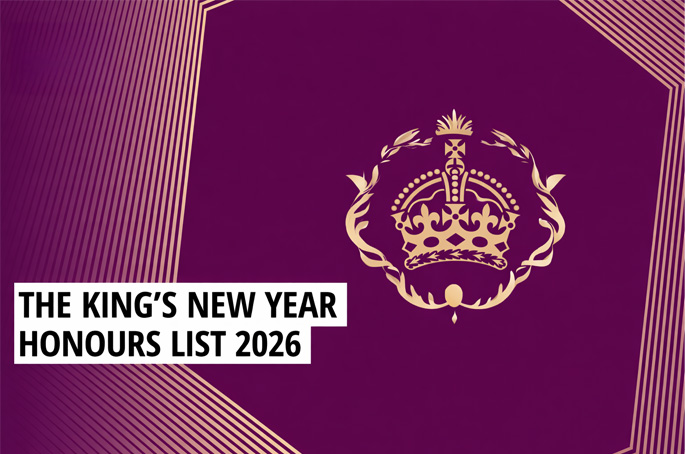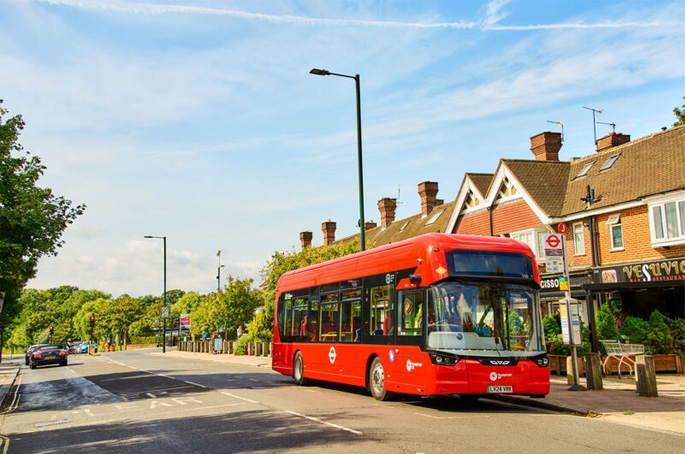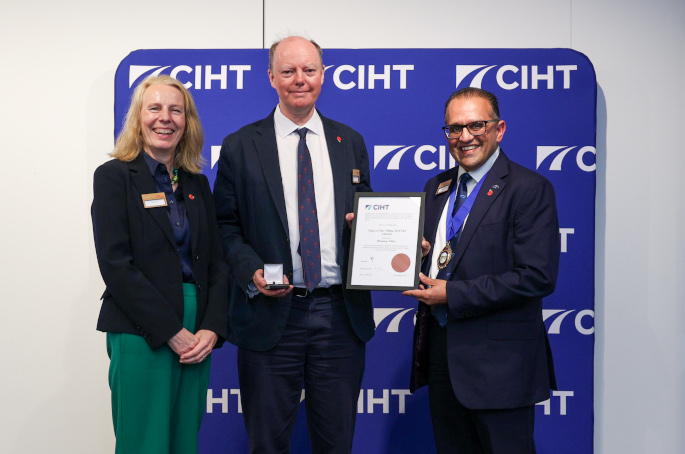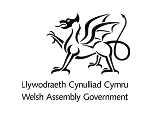Chancellor announces new Roads Fund
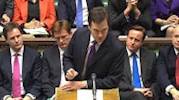
Money raised from vehicle excise duty will be spent on roads, Chancellor George Osborne has announced in his first Conservative Budget.From 2017, there will be a flat rate of £140 for most cars, except in the first year when tax will remain linked to the CO2 emissions that cars produce. Electric cars won’t pay any road tax at all and the most expensive cars will pay more.Existing cars won’t be affected – no one will pay more for a car that they already own. The money brought in from road tax in England will be spent on England’s roads from 2020.Speaking in the House of Commons, the Chancellor said: “Four fifths of all journeys in this country are by road, yet we rank behind Puerto Rico and Namibia in the quality of our network.“In the last 25 years, France has built more than two and a half thousand miles of motorway – and we’ve built just 300.“In the last Parliament I increased road spending, even in difficult times, and set out a plan for £15bn of new roads for the rest of this decade. But we need a long-term solution if we’re going to fix Britain’s poor roads. Vehicle excise duty was used to fund our roads, but not anymore.”The Chancellor revealed that from 2017, for brand new cars only, the government will introduce new VED bands.The duty in the first year will be set according to emissions, like today, but updated for new technology.Thereafter there will be three duty bands – zero emission, standard and premium.Mr Osborne added: “In total we’ll only raise the same amount of revenue from VED in the future that we do today – but that revenue will be secure for the long term. And I will return this tax to the use for which it was originally intended.“I am creating a new Roads Fund. From the end of this decade, every single penny raised in vehicle excise duty in England will go into that Fund to pay for the sustained investment our roads so badly need.“Tax paid on people’s cars will be used to improve the roads they drive on. It is a major reform to improve the infrastructure and productivity of our economy – and deliver a fairer tax system for the motorist.“Mr Deputy Speaker, productivity means building more roads, it also means giving people the skills they need to secure a better job.”In other news, the Chancellor confirmed £30 million of funding for Transport for the North (TfN).This means that cities and counties in the north will be given even more control over local transport. Transport for the North (TfN) will be supported by £30m in funding over three years, and will have more responsibility for setting out policy and investments. REACTION:RAC chief engineer David Bizley said: “Today’s budget announcement on vehicle excise duty marks a return to the days when road tax was collected and used to fund improvements in the road network. As new cars become more efficient, VED was always destined to bring in less and less money for the Treasury. For the first time, motorists will be able to see for themselves how the money they pay benefits the road network that they use – although it is a pity that we will have to wait five years for the Roads Fund to take effect.“The devil, of course, will be in the detail but this new transparency has to be a good thing; indeed the RAC has previously called for ring-fencing of funds in this way. The changes to VED will guarantee a minimum level of spending on the roads and this, combined with the Road Investment Strategy, suggest that that the critical role that road transport plays both in our economy and in motorists’ everyday lives has finally been given the attention it deserves.” James Stamp, head of transport at KPMG UK, said: “In the last budget, the government announced a major road investment program worth £15 billion. Today, the Chancellor announced that road tax (VED) income will be "ring fenced". This provides some clarity about where funding for the ambitious road projects will be found.“However, we note that while road tax raises around £6bn per year, this is dwarfed by income collected from fuel duty which is around £27bn. We believe that more of this income should be reinvested in roads and transport infrastructure in line with the Chancellor’s statement that money raised from drivers should be spent on the roads they drive on.” Institution of Civil Engineers (ICE) director general, Nick Baveystock, said: “The renewed commitment to the northern powerhouse, and efforts made to identify new ways to fund local roads are encouraging. The Chancellor is absolutely right; government must be bold in its commitment to infrastructure if the UK is to achieve a rebalanced economy, increase productivity and maintain our competitive edge. We hope this also translates into bold decisions on aviation capacity, resilience and our future energy mix.“Bold and strategic investment choices are also needed. We are at a critical point - the scale of the UK’s needs is large and growing yet public finances remain tight. As the spend review approaches, we hope to see government make decisions for the long-term.”


